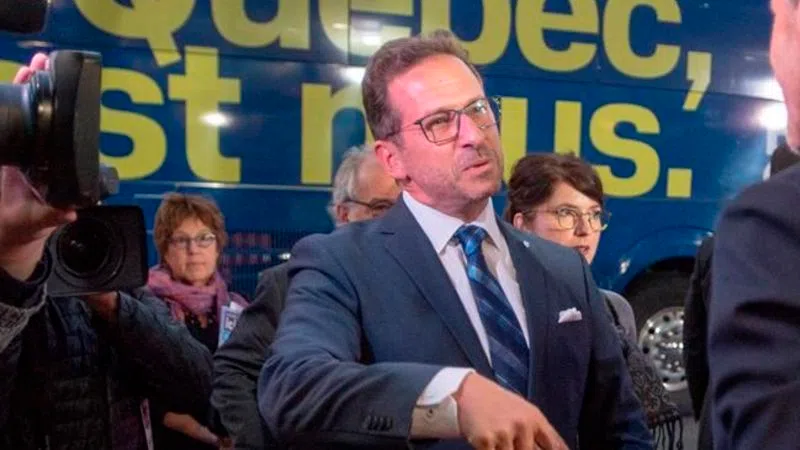
In debate, Bloc leader says only his party represents the Quebec nation
MONTREAL — Whether it was on abortion, religion, or health care, Bloc Quebecois Leader Yves-Francois Blanchet hammered home a single message Wednesday night: the only party in which Quebecers can fully recognize themselves is the one he heads.
During the first French-language election debate, where leaders fought for the hearts of Quebecers — and their coveted 78 seats in the House of Commons— Blanchet repeatedly tried to position his opponents as out of step with the majority of Quebecers, whom he sees as forming a nation apart.
And the Bloc leader used the debate to try to convince Quebecers he would be the champion in Ottawa of the policies put forward by their highly popular and self-professed “nationalist” premier, Francois Legault.
Early on, Blanchet hit the Conservative leader on abortion, painting Andrew Scheer as a man who rejects a value “anchored” within Quebecers. He then described Liberal Leader Justin Trudeau as a haughty prime minister who looks down on Quebecers who desire a secular state.


